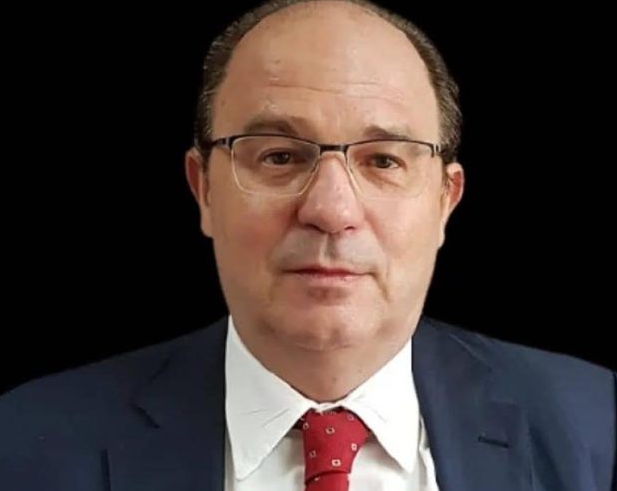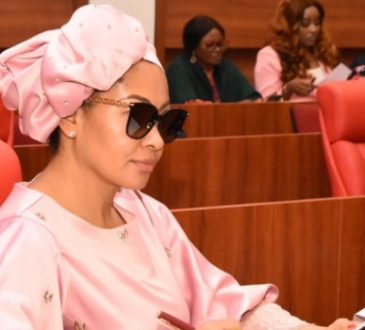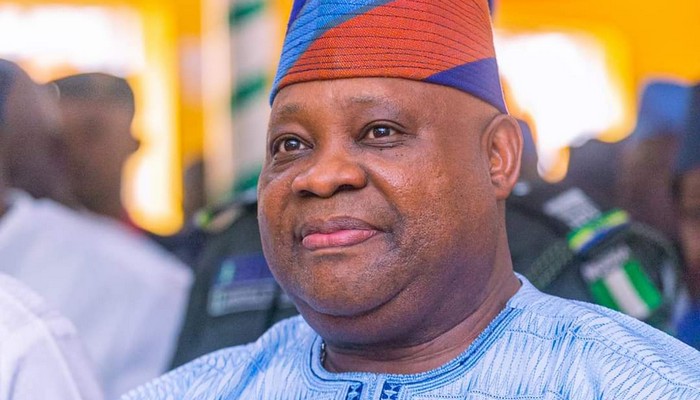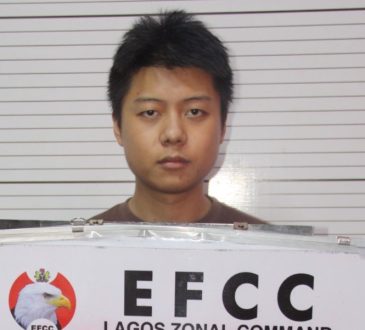DISCOs begin tariff hike despite poor services with many consumers unmetered

As against the assurance that there would not be increase in electricity tariff until there is improvement in services provided by DISCOs and unmetered customers are given prepaid metres, Electricity Distribution Companies (DisCos) across the country on Tuesday began the implementation of a new electricity tariff regime.
In press statements on Monday, the distribution companies notified their customers of the commencement of the new charges.
Last week, the Nigerian Electricity Regulatory Commission (NERC) directed DisCos to maintain a N4 tariff for all customers consuming less than 50kWh of energy per month.
NERC said the electricity tariff reviews will only follow service-based principles and prior consultation with customers.
According to a statement issued on Wednesday by Mr. James Momoh, Chairman of the Nigerian Electricity Regulatory Commission (NERC), under these service-based principles, DISCOs will only be able to increase tariff rates for customers when they consult with customers, commit to increasing the number of hours of supply per day and quality of service.
“In all cases, poor and vulnerable Nigerians will not experience any increase,” the statement said.
“In line with these expectations, DISCOs are directed to engage with their customers on a Service Based Tariff structure.”
In their statements on Monday, some of the DisCos said they would commence the implementation of the new tariff beginning from Tuesday.
In its statement on Monday, the Abuja Electricity Distribution Company (AEDC) said it had commenced the implementation of the new service reflective tariff plan (SRT) across its franchise area.
Oyebode Fadipe, general manager of corporate communications at Abuja Electricity Distribution Company (AEDC), said the increment would result in longer hours of power supply.
“The Service Reflective Tariff (SRT) plan is a NERC mandated tariff structure whereby an upward increment in tariffs will result in substantially longer hours of power supply, good quality voltage profile, swifter response to faults clearing and provision of pre-paid meters,” the AEDC spokesperson said.
“The new tariff design proposes an upwardly adjusted tariff for customers who are not averse to paying more to enjoy longer hours of supply, standard voltage profile and faster fault clearance timelines.
“While we keep working at ensuring all classes of customers enjoy improved supply, customers who enjoy less than 12hrs of supply will not be affected by the new tariff plan. Hours of supply to this class of customers will also not be adversely affected by the implementation of the plan.”
Ikeja Electric in its statement said there would be a deferment of the new applicable tariff for customers in service bands D and E (customers who enjoy less than 12 hours power supply daily over a period of one month for the period September 2020 to January 2021).
The Disco said that it will only effect the new tariff once there is appreciable improvement in service quality.
Kaduna Electric on its part said service-based tariff approved by NERC will be implemented from September to December. The new regime is service-based as customers on estimated billing will be exempted from the new tariff system.
For customers within Kaduna Electric’s jurisdiction, the tariff cost per Kwh ranges from N66.42 for those in Band A (with supply rate of 20 hours and above) to N45.28 for customers in Band E (supply of 4 hours and above).
The new tariff regime being implemented by Discos kicks off Tuesday. There are expectations that it will be reviewed on a quarterly basis.
Last week, President Muhammadu Buhari had ordered mass metering of consumers across the country.
According to Momoh, the president also approved a waiver of the import levy on metres so that those that do not have metres can be supplied as early as possible at reasonable costs.
Momoh urged the public and all stakeholders in the power sector to disregard any reports of an arbitrary tariff increase affecting Nigerians.






